Antonio Rosetti (1750 - )
 Italie
Italie
 Italie
ItalieFrancesco Antonio Rosetti (c. 1750 – 30 June 1792, born Franz Anton Rösler, changed to Italianate form by 1773) was a classical era composer and double bass player, and was a contemporary of Haydn and Mozart. The occasional disambiguation with a supposed, but non-existent, "Antonio Rosetti born 1744 in Milan", is due to an error by Ernst Ludwig Gerber in a later edition of his Tonkünstler-Lexikon having mistaken Rosetti for an Italian in the first edition of his own Lexikon ... (Read all)
Source : Wikipedia
Source : Wikipedia
FREE SHEET MUSIC CLASSICAL
Active criterias:
Search #Classical
| ||||||||||||||||||||||||||||||





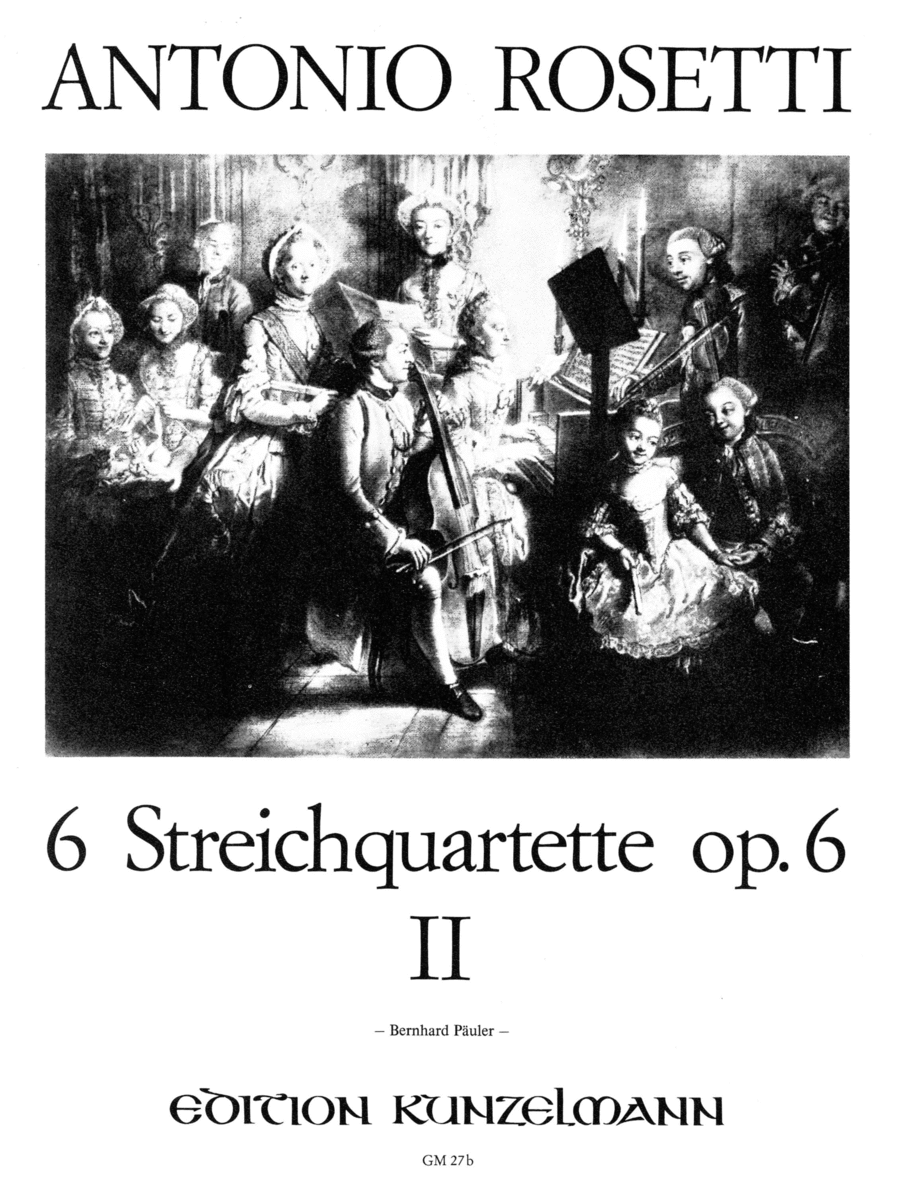

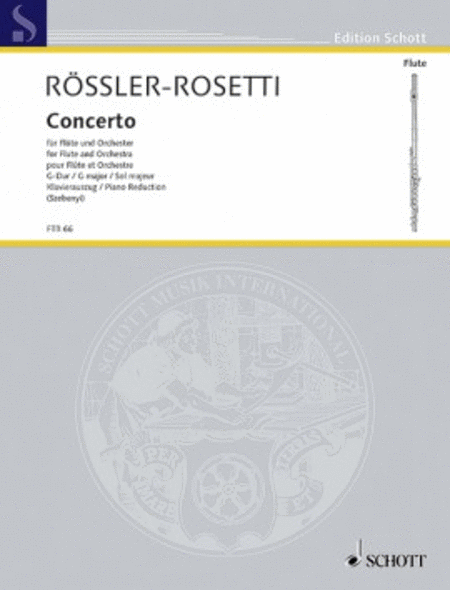
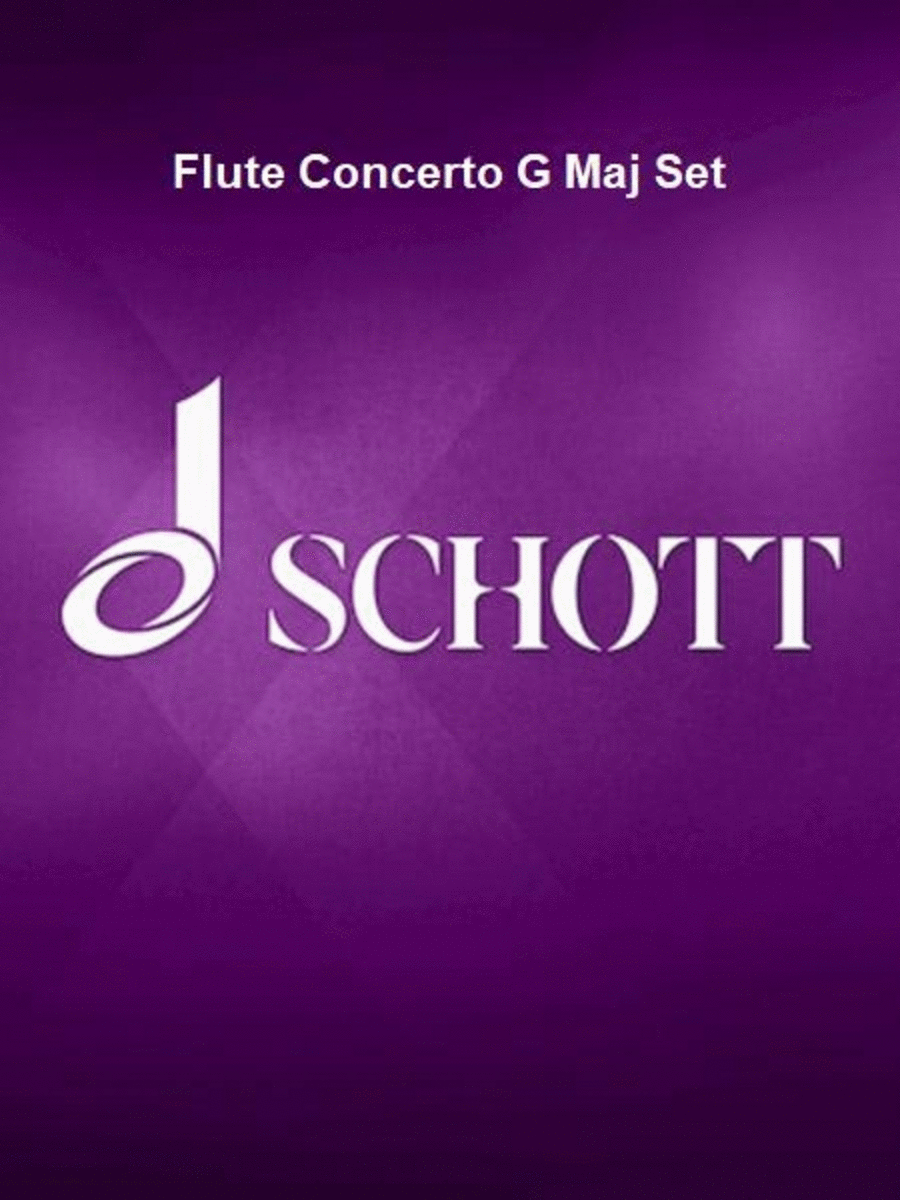

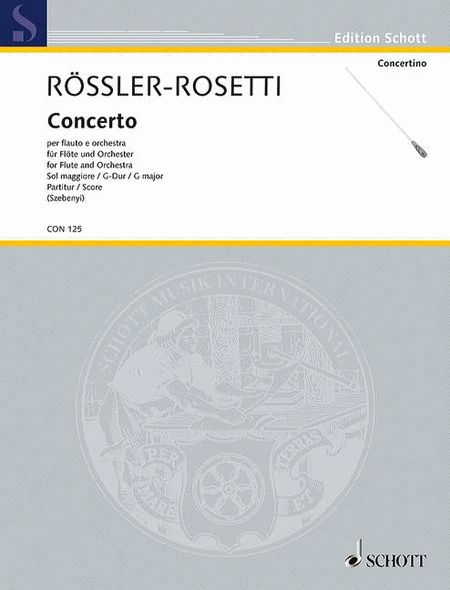
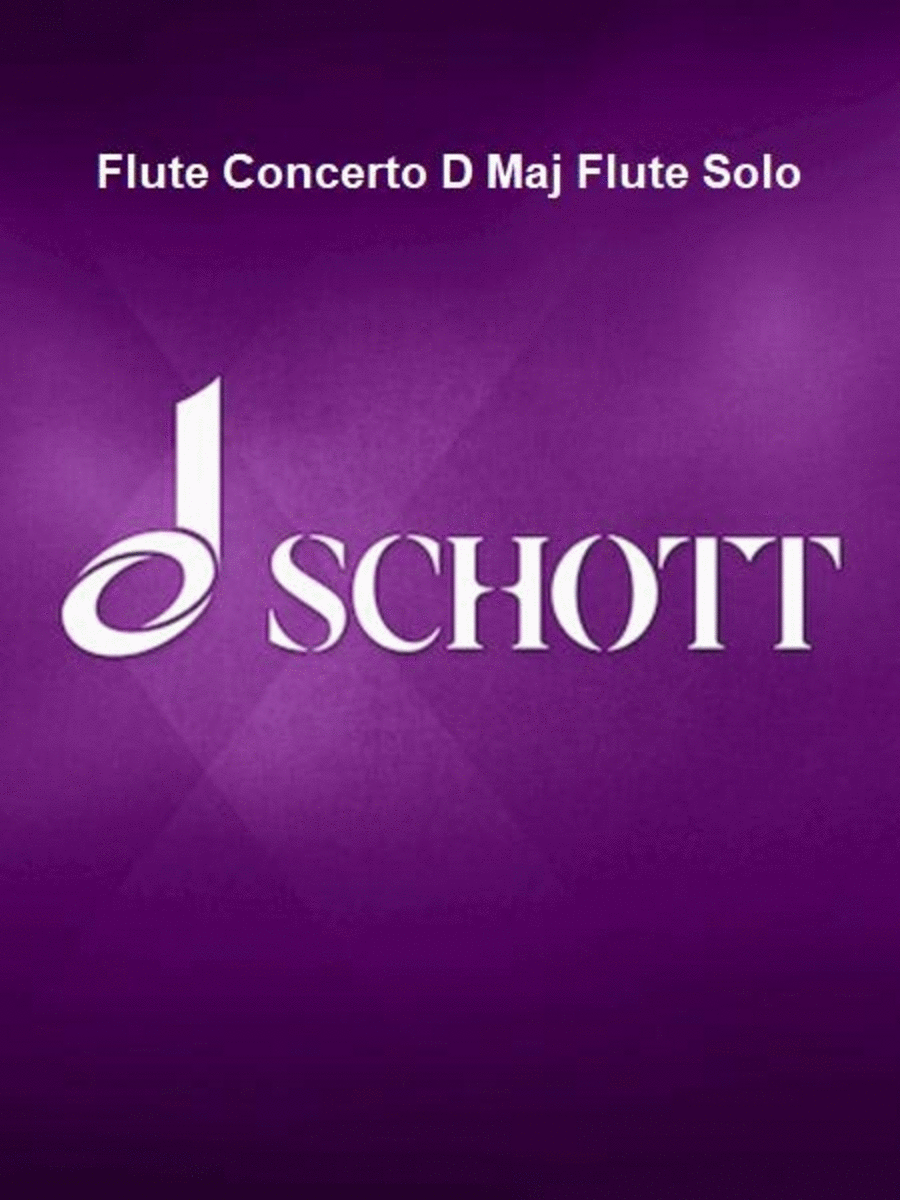







 SHEET MUSIC
SHEET MUSIC